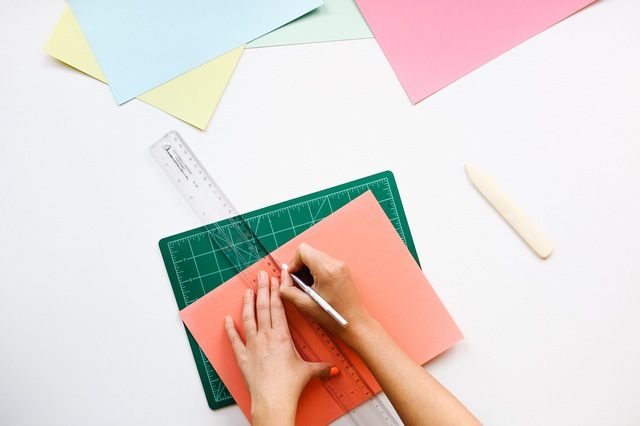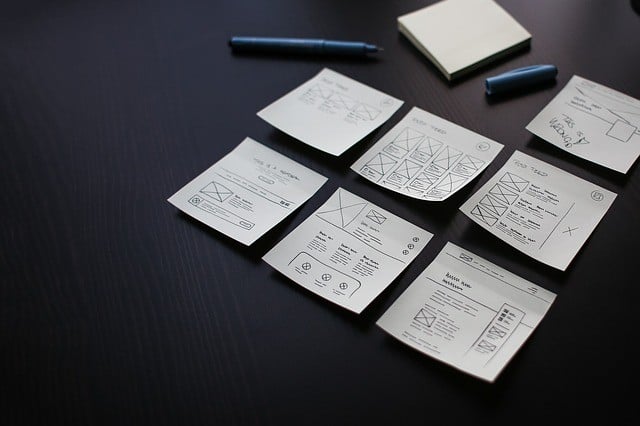Learning new skills at any age reaps a huge amount of benefits including raising self-esteem, increasing our sense of accomplishment and personal growth, as well as keeping those brain cells active and well-used.
We can all struggle to find the motivation to carry on learning no matter what the subject is but there are several different ways that can help us along the way. So how exactly can we learn effectively and become more knowledgeable as a result?
Motivation, the Sweet Spot and the Information Gap
To learn something effectively, we need to be present in the sweet spot. This is the magical space where we are neither sitting in our comfort zone nor forcing ourselves so much that we become demotivated.
Motivation is paramount in keeping us on track when learning new things and the sweet spot is the key to keeping this motivation going. Lingering too long on information we already know can lead to boredom and going too far into unknown territory can cause us to lose that much-needed motivation very quickly. It’s important that you keep a good balance and take small but challenging steps to keep you moving forward.
By doing this you need to be aware of the information gap. This is crucial when keeping up the motivation to gain more knowledge; we should always start with a subject in which we have basic understanding but where we still need an advancement of information to fill the gap. This way we can better connect our knowledge to what we’ve previously learned.
Remember, curiosity is one of the greatest motivations for learning, but this can be easily killed off if the level at which we are learning is too difficult. Maintaining a good pace and remembering that small steps achieve big goals will keep demotivation to a minimum.
Not Everyone Learns in the Same Way
The important thing to remember is that we are all different when it comes to learning new information and skills. Intelligence is commonly thought of as our intellectual potential which can be measured with IQ tests, but in fact, research has shown there is a large spectrum of intelligence that differs from person to person and cannot be limited to conventional tests; this means that people have the potential to excel with different cognitive abilities and therefore, learn effectively in completely different ways.
Understanding your learning technique and utilizing it will allow you to become more knowledgeable on the subject you’re learning. Once discovered, make this your main source of learning, making sure you throw in some alternative ways for optimal results.
With this in mind, here are the most effective ways for retaining information and gaining the skills that you’ve learned.
Memory Tactics
Memorizing information can come more easily to some than others. If you struggle with retaining key points and more complicated topics then improving your focus is one way of dealing with this.
Neuroscientific studies have shown that listening to certain type of music not only increases productivity but helps to focus the mind and retain information. Websites such as focus@will aim to keep you in the state of flow and concentration allowing your brain to utilize its memory function.
Cramming too much information into a short space of time can be tempting but ultimately, this is laziness in disguise. When we cram, we don’t think carefully about the meaning of what we’re learning; in other words, it’s all about quality not quantity.
Make sure you structure your time well. Structured study sessions over a period of time allows you to process the information more adequately and research has found that the brain takes in more of this information through small regular sessions than one long, marathon.
Relatable Learning
Relating and applying what you’ve learned to already-known situations is an effective way to understand new information. By doing this, you allow your brain to see connections through experience and previous knowledge, cementing this in the mind and allowing it to stick.
If you try to apply it to the relevance in your own life or how it relates to things you find interesting and important, then this will help with focus and motivation in the long run.
Learning Through Practice
This is one of the most popular methods of learning and one that I find the most effective. Lifting words from a page can be good in doses, but often our brain needs to experience the theories to fully understand the connections.
A good example of this is when we learn a new language. The most effective way is the immersion technique where you are in a situation where you’re forced to speak the language and the brain is pushed to reach in and find translations as well as picking up on subtleties of speech, intonation, and assumption through gestures. Putting your mind through this trains it to find connections fast and efficiently much more than sitting down with a book.
Explain What You’ve Learned to Someone Else
Another great method is to attempt to explain the new information to someone else. Doing this reinforces what you’ve learned in your mind, allows you to pinpoint any gaps in information or points you haven’t fully understood, and helps you translate the information you’ve gained into your own words and in a way that others can understand.
This is an effective way to test whether or not your techniques are working for you. Start a blog, create a presentation or participate in discussions on the subject to solidify your knowledge.
Try Different Methods of Learning
As I pointed out earlier, finding a particular way of learning that resonates with you is your first port of call. However, don’t limit yourself to just one method. The brain needs stimulation and even if one method is very effective, you can run the risk of getting bored and it’s in this space that motivation can wane.
Once you find your most effective method, then utilize it but try to also mix it up by reading, watching related video clips, practical sessions, and explaining to others; being visual and verbal are both important factors when learning effectively and becoming more knowledgeable in your chosen subject and creates a good balance.
Always remember that becoming an efficient learner takes time and practice as new habits need to be formed and established. Be patient with yourself and focus on one method at a time to allow yourself to find out what suits you. Motivation is key so do what you can to keep this up; focus on the small, steady and effective steps to get you to the next level.
Featured photo credit: Unsplash via pixabay.com

















































